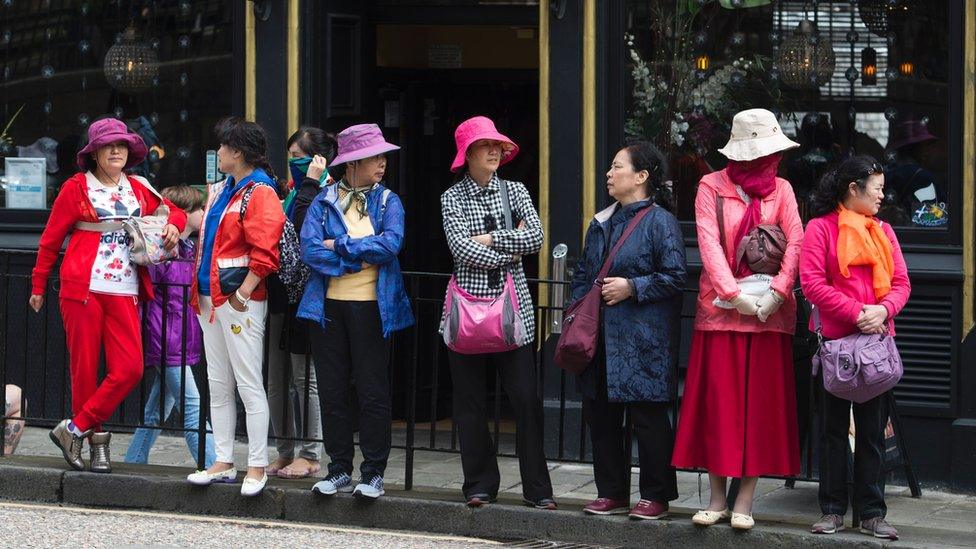Wales tourist tax: What is it and how will it affect me?
- Published

It would take years for the tourism tax to be introduced in Wales, if the law is passed, but what is it for, and what does it mean?
In years to come people could be charged extra for holidaying in Wales after plans were launched to introduce a tourism tax.
The Welsh government has launched a consultation on whether overnight visitors should pay a levy on top of their holiday costs.
The proposal comes after a surge in visitor numbers at many Welsh beauty spots.
However, some in the tourism industry fear it would put off visitors who are already cutting back due to higher bills.
As the consultation is launched, we look at what the tourism tax is, and what it could mean for people in Wales and those visiting.
What is a tourism tax?
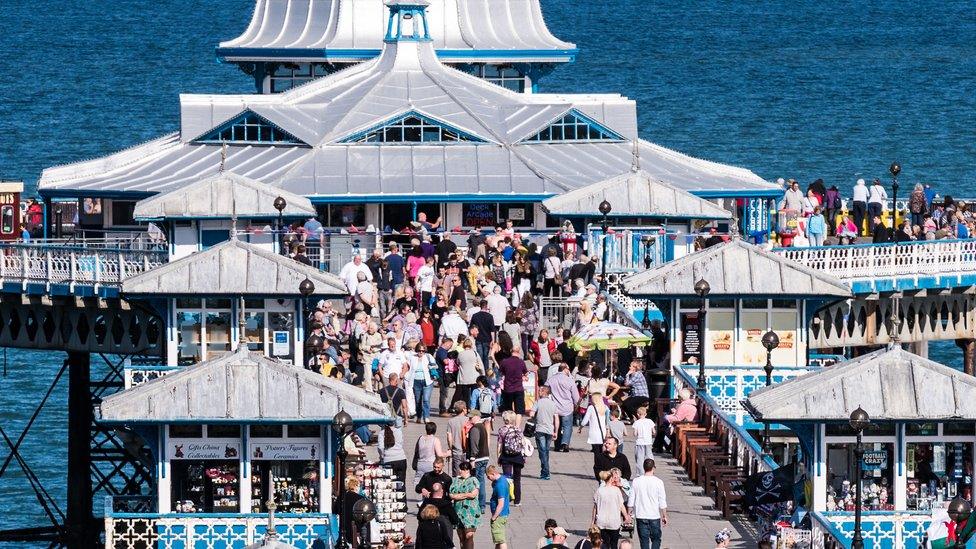
The tourism sector was worth about £5bn in 2019 in Wales, according to the Welsh government
A tourism tax, or levy, is a charge which would need to be paid by anyone staying overnight in Wales.
The idea is that it covers, or contributes to, the costs which authorities face as a result of the tourism industry.
Why is a tourism being proposed?
The government says that the tax would allow for "more sustainable tourism", after concerns about the impact of visitor numbers on communities, nature, and infrastructure in recent years.
Minister for finance and local government, Rebecca Evans, said: "Our intention is to bring about a sense of shared responsibility between residents and visitors, to protect, and invest in, our local areas.
"By asking visitors - whether they have travelled from within Wales or from further afield - to make a small contribution towards maintaining and enhancing the place they are visiting, we will encourage a more sustainable approach for tourism."
A group maintaining the mountain warns of the pressures large numbers of visitors bring.
The proposal is part of a co-operation agreement between Plaid Cymru and the Welsh government.
But the idea has been met with some criticism, with several business owners sharing fears that it could "put off" already increasingly reluctant visitors.
A Welsh government source said it is a relevant consideration for it to be thinking about the economic situation, but stressed it would be an important tool that would strengthen the tourism offer, and that they did not want to penalise the industry.
Who would set the tourism tax?
The Welsh government has previously said that the levy would be for each local council to control.
Councils would choose whether or not to introduce the charge "according to the needs of their communities".
However, it is not yet known how the tax would be collected.
AirBnB has told the Welsh government that their systems can incorporate whatever they come up with.
Who will have to pay the tourism tax?
Anyone staying overnight in Wales - whether in a tent on a campsite, a five-star hotel, or something in between - would be expected to pay the tax.
This includes, government consultation documents suggest, people who live in Wales and travel to another part of the country.
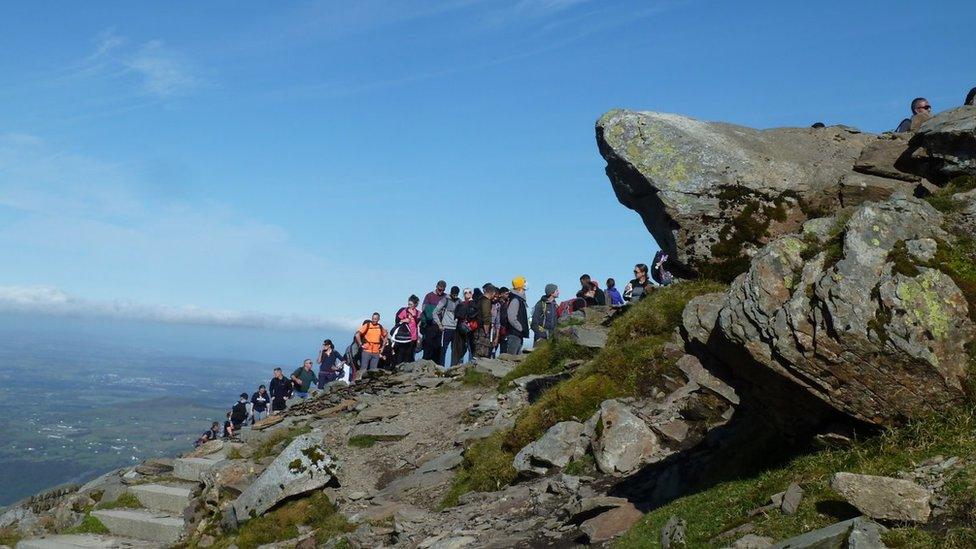
Places like Snowdon have attracted hundreds of visitors
There is no suggestion of an exemption for people travelling for business, although the Welsh government may be open to a limit on the number of days that the levy can be charged.
Members of the Roma and Gypsy Traveller communities who stay at primary residence sites and those needing emergency accommodation, such as homeless people and people fleeing domestic abuse, are expected to be exempt.
How much will it be?
The consultation does not state how much the levy will be, or whether it could vary by local council.
What would the money be used for?
Ministers hope the money raised will be used to improve the visitor experience and contribute to the costs related to tourism, for example upkeep of beauty spots and facilities, refuse collections and cleaning.
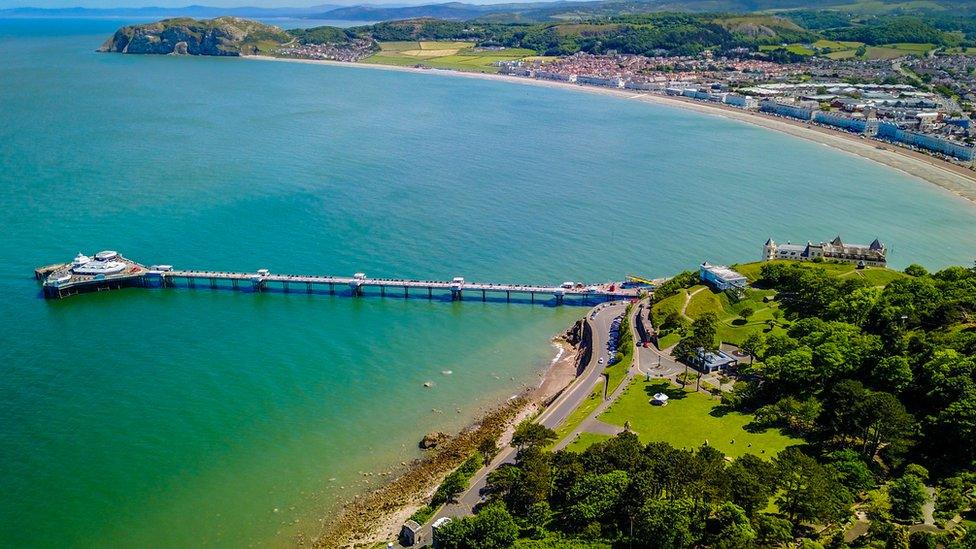
Llandudno Bay is another draw for tourists exploring Wales
Officials say it is difficult to pledge the cash to a specific purpose, but ministers are open minded, we are told, to doing so.
When would the tourism tax start?
It is clear it will be years until legislation makes the statute book, but it is not clear exactly when it would come into force.
Officials say they are looking at 2024, and it could be later than that.
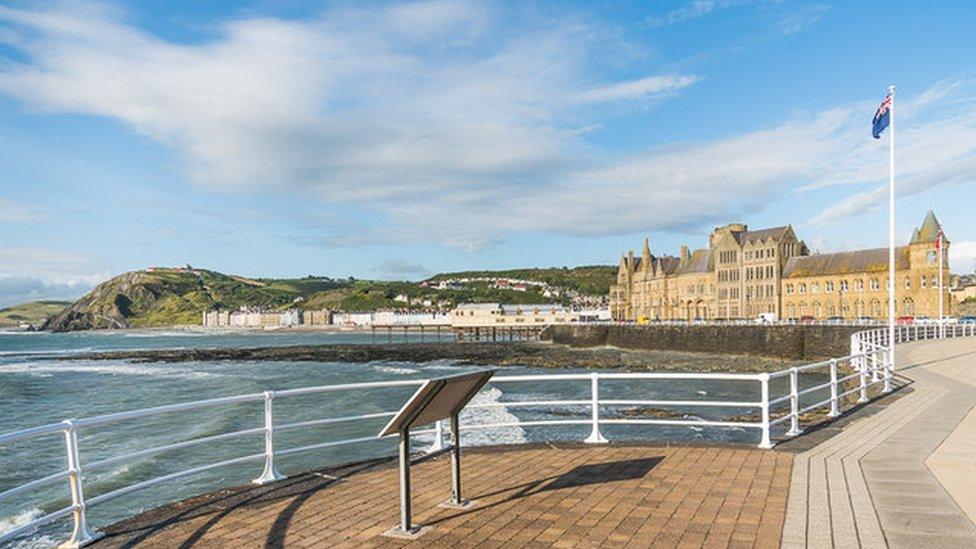
Aberystwyth is popular with tourists with its beach and funicular railway
It is likely Scotland will have its legislation ready before then, meaning Wales' tax will not be the first in the UK.
How can I have my say?
Members of the public are invited to read the proposals, external and respond by 13 December.
- Published20 September 2022

- Published29 August 2022
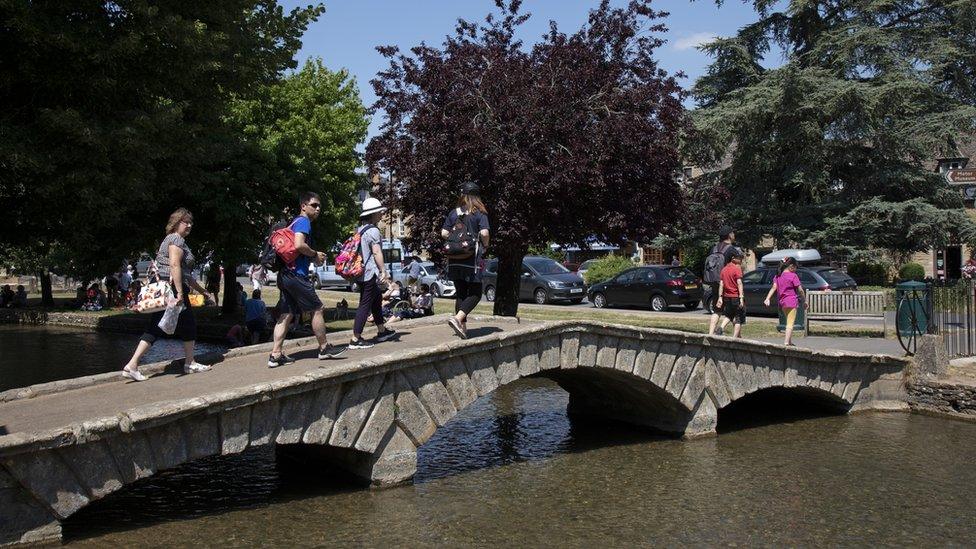
- Published14 September 2021
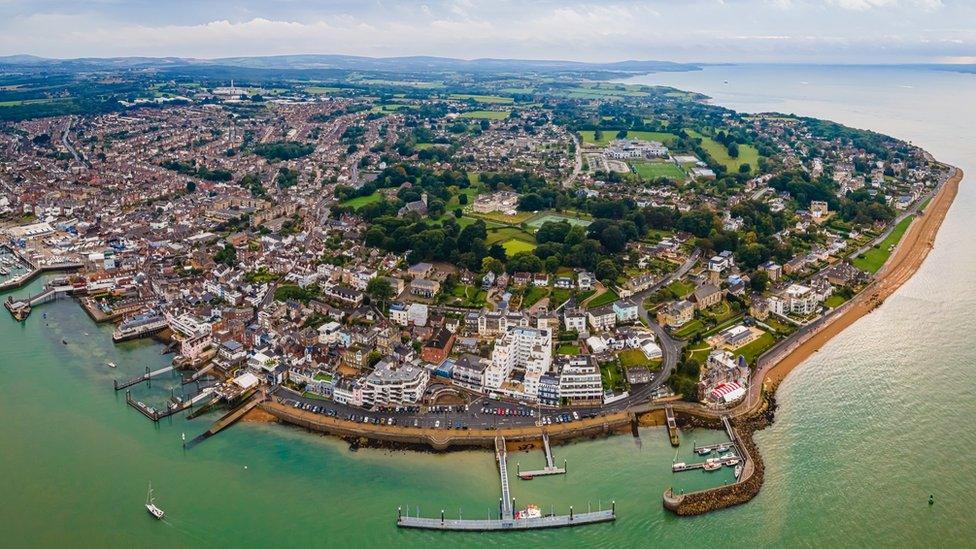
- Published2 December 2019
